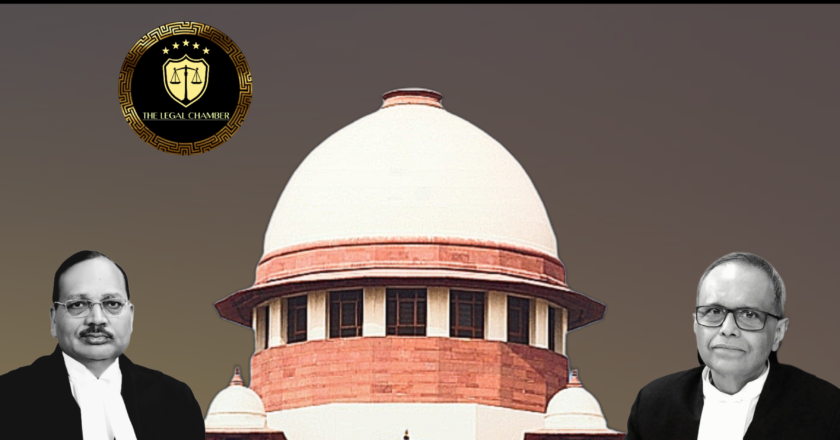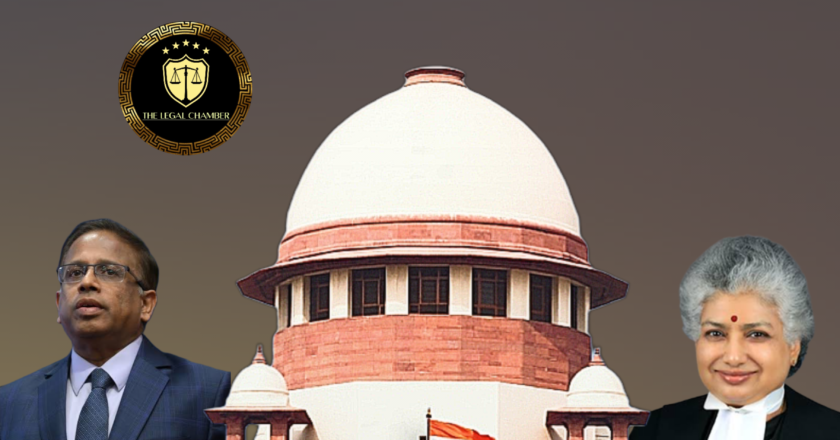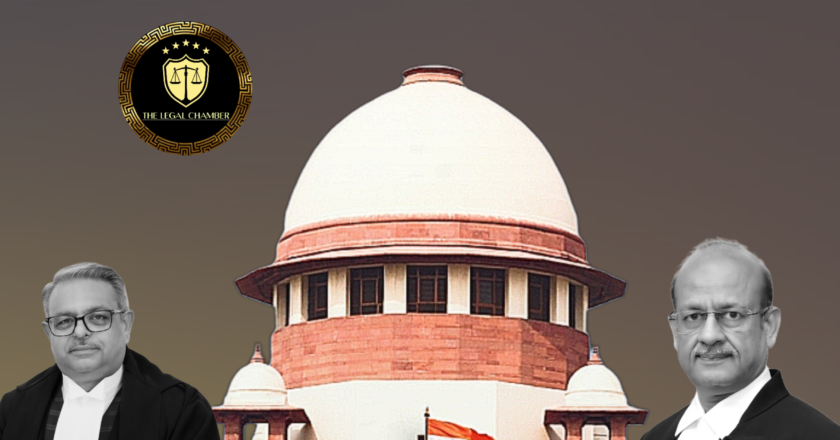Supreme Court Rules: Tender Conditions Must Be Clear, Can’t Reject Bids on Unstated Requirements
The Supreme Court ruled that tender conditions must be explicit and unambiguous. A bidder cannot be disqualified for non-submission of a document not expressly mandated by the tender. The tendering authority must act fairly and cannot impose hidden requirements, especially when a submitted certificate adequately demonstrates compliance with the stated criteria.
Facts Of The Case:
The case involved a tender issued by Madhya Pradesh Power Generating Co. Ltd. (MPPGCL) for coal beneficiation work. Maha Mineral, the appellant, submitted its bid relying on its past experience as a 45% partner in a Joint Venture (JV) named Hind Maha Mineral LLP. To prove this, it submitted a work execution certificate from the Maharashtra State Mining Corporation (MSMC), which explicitly stated its 45% share an...




